“When you go out to see the defenders and maintenance Airmen working together it’s very evident that they make a cohesive team,”
8/5/2014 – MINOT AIR FORCE BASE, N.D. — Chief Master Sgt. Melissa Permar starts her day much like many senior NCOs. She comes to work early and conducts her daily operations out of an office-type setting; in Permar’s case it’s the Missile Security Forces Squadron building. Unlike other SNCOs, the 791st MSFS security forces manager travels hundreds of miles each week to visit the missile complex and check in on the 791st MSFS teams in the field. For Permar, the morale and welfare of the Airmen in her squadron are her first priority, and the fact they are spread throughout North Dakota does not deter her from going out to see them.
During their regular operations, 791st Airmen patrol the missile complex, and guard teams who are performing regular maintenance to the different sights and assets for upkeep. Some remain in the field overnight, with the missile maintenance teams at the missile alert facilities.
“When you go out to see the defenders and maintenance Airmen working together it’s very evident that they make a cohesive team,” Permar said.
Before leaving the base, Permar makes sure she has enough food and water to give the defenders in each section of the missile complex she visits.
After she picks up her paperwork from the dispatch office, Permar leaves the security forces building to meet up with two members of missile maintenance leadership.
Master Sgt. Tad Wagner, 91st Missile Maintenance Squadron facility superintendant and Master Sgt. Francis Tallman, 91st MMXS NCO in charge of missile handling, greet her as she approaches the maintenance truck they will be traveling in. They too have food and water to bring for their Airmen in the field.
Wagner and Tallman have also completed many morale visits with their Airmen.
During Wagner’s last trip to the field he covered approximately 260 miles, and the trip the three of them were going on today would cover 210 miles. Drives these distances usually take a full day.
These visits are important because leadership in both career fields can ensure the well-being of their Airmen, Wagner said.
During the drive both Permar and Tallman kept in constant contact with both the base and members out in the field.
“It’s important to be in constant communication with security forces and maintenance in the field to avoid missing teams during morale visits,” Tallman said.
“Teams stationed in the field are often in transit between sites depending on what duties need to be performed, and as such, communication is key to reaching all of the Airmen in a particular area,” Permar said.
Permar stressed that post visits are an essential aspect of the job for several reasons. They allow leadership to build rapport with Airmen, increase their knowledge of each person’s well-being, and get Airmen’s input on issues they may be having.
“I love conducting post visits,” Permar said. “Just seeing the smiles on their faces when we walk up to visit with the troops is so rewarding. Being with my troops is the drive that keeps me going.”
After driving for approximately 45 minutes, the group arrives at their first stop, Charlie 10, and the security forces Airmen stationed on the access road step out of their humvee to greet them.
One of the Airmen behind the fence smiles widely when he picks Permar out of the approaching group.
“I’m all about morale checks and I really look forward to them,” said Senior Airman William Krausch, 791st MSFS response force leader. “This is my second code change and I see leadership visiting us about three times a week. It’s good to know how much they care about us.”
Senior Airman Carlos Munoz, 91st MMXS facility manager, is also happy to see Permar, Tallman and Wagner as they begin to disperse food and water amongst the Airmen on both sides of the fence.
“It’s free food so I can’t complain,” Munoz says. “Plus it’s really nice to have people come out and thank us for our work.”
Once each Airman received something to eat and drink, Permar and the others set out for their next stop.
At each site they are greeted with enthusiasm and gratitude not only for the food and drinks, but for their time and company as well.
“I think that site checks have a very positive effect on our morale,” said Airman 1st Class Austin Gladney, 791st MSFS security escort team leader. “We’re out here Monday through Friday and go to a new site every day. Having leadership come out and check-in reaffirms to us how much they really do care.”
Airmen at every stop echoed Gladney’s comments regarding the visits.
“Morale checks really show that leadership is involved with what we do,” said Airman Nathaniel Gordon, 791st MSFS escort team member. “Without morale checks I feel like our job would be a lot harder.”
As they arrived at the final site, the excitement with which they are greeted is no different than the first site of the day.
“I love to do this. It reminds you that it’s not about you as a leader, it’s about your people,” Permar said. “If a leader doesn’t bother to check on his or her personnel, i.e., actually conducting management by walking around, they are not leading. Leadership takes action, not reaction, and definitely not missing in action.”
by Senior Airman Stephanie Morris
Minot Air Force Base Public Affairs
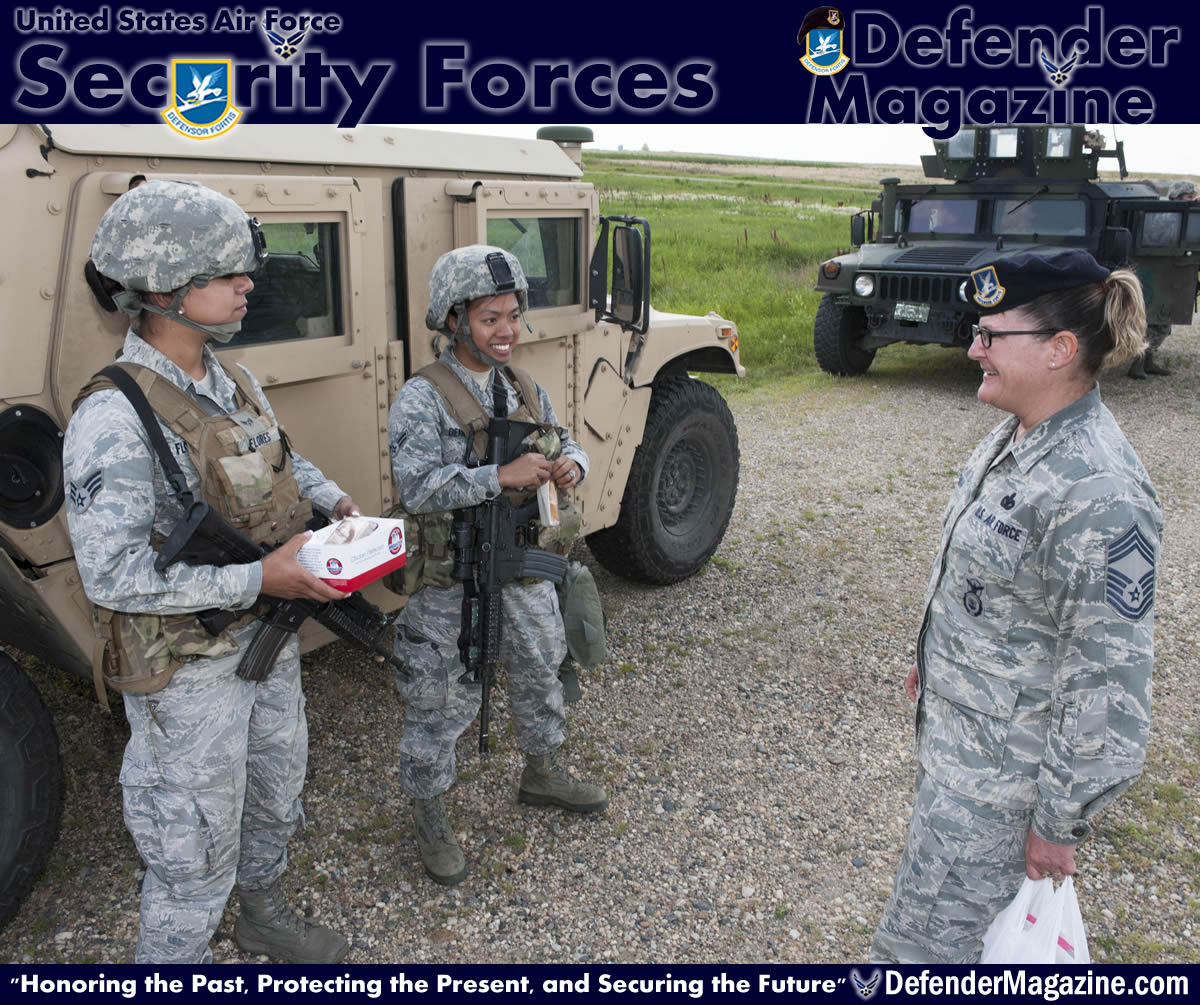
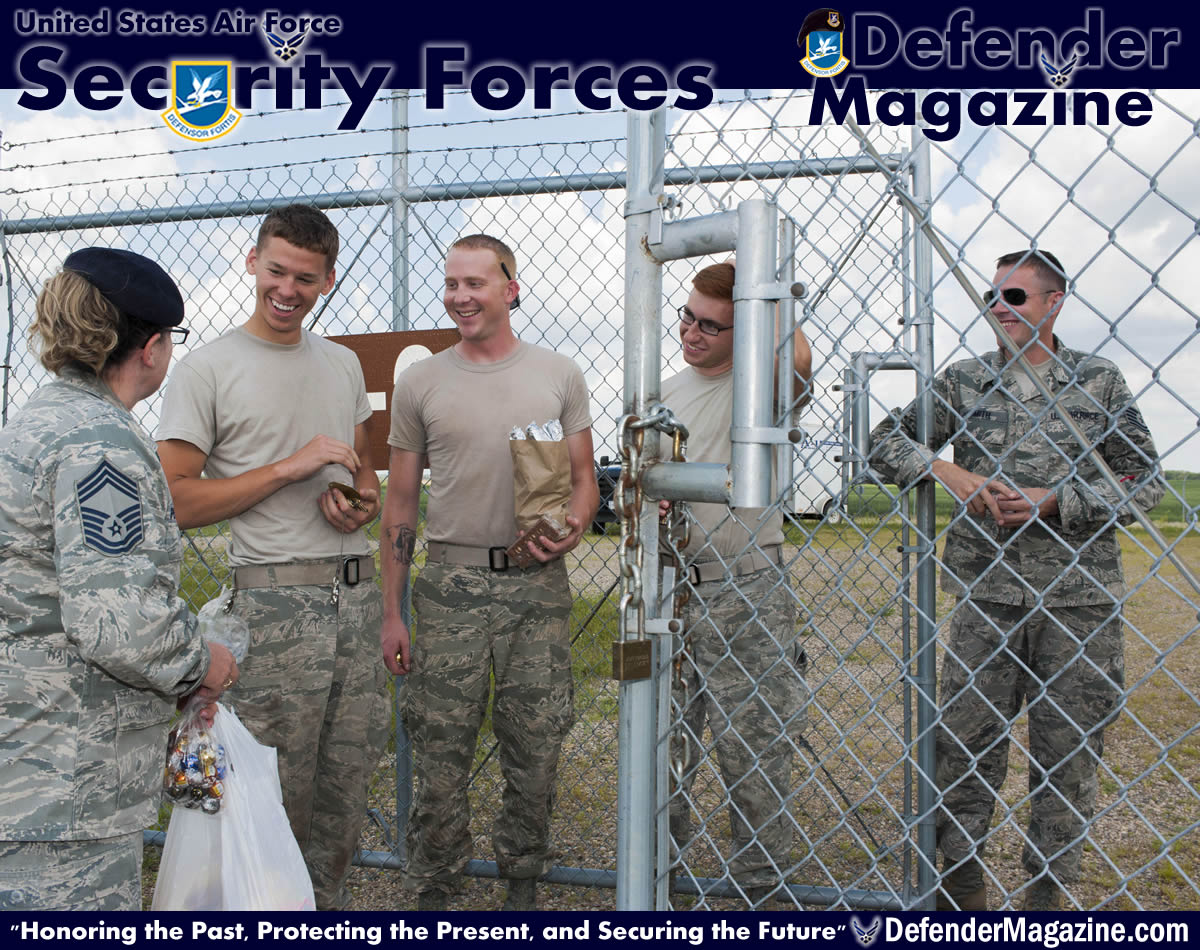
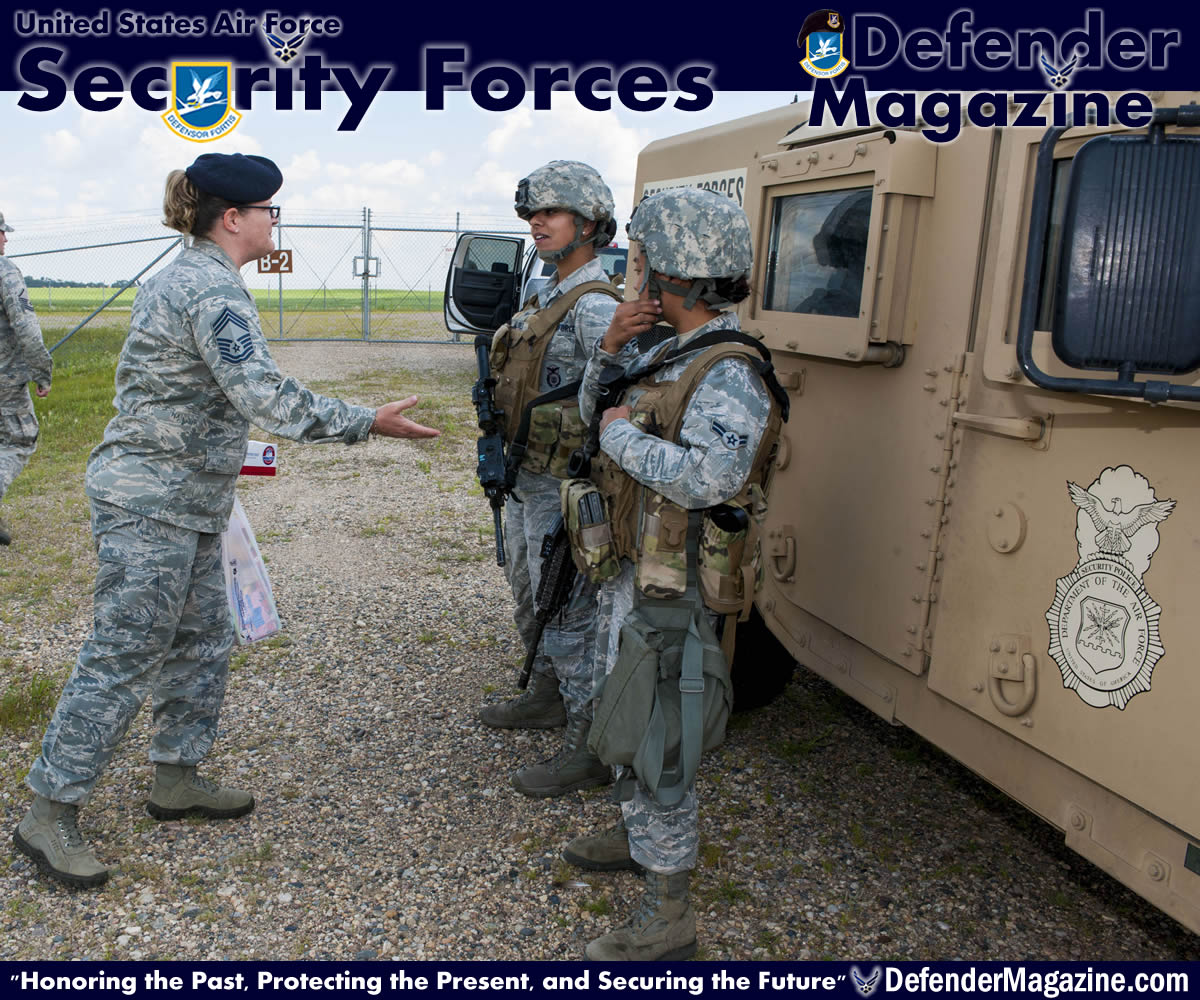
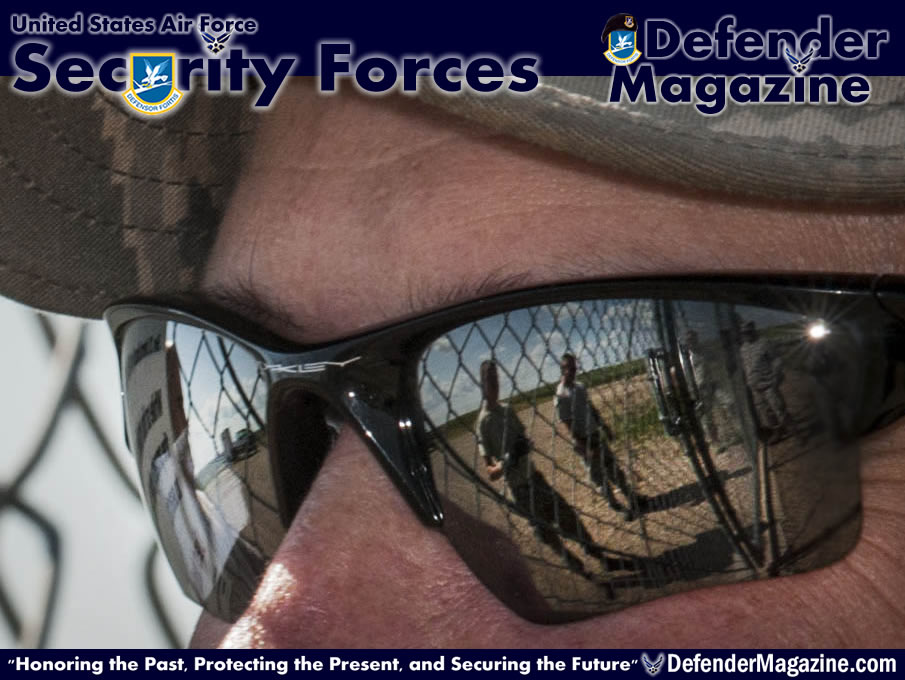
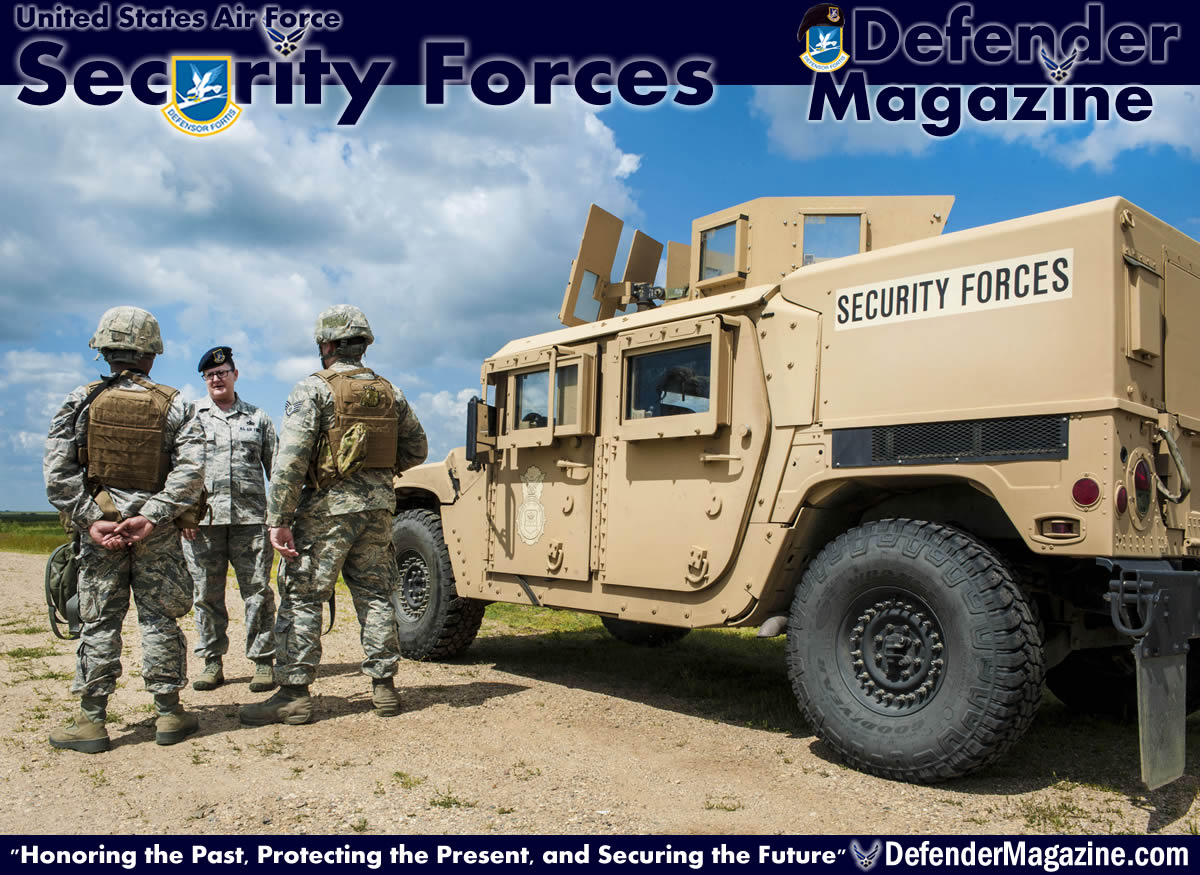
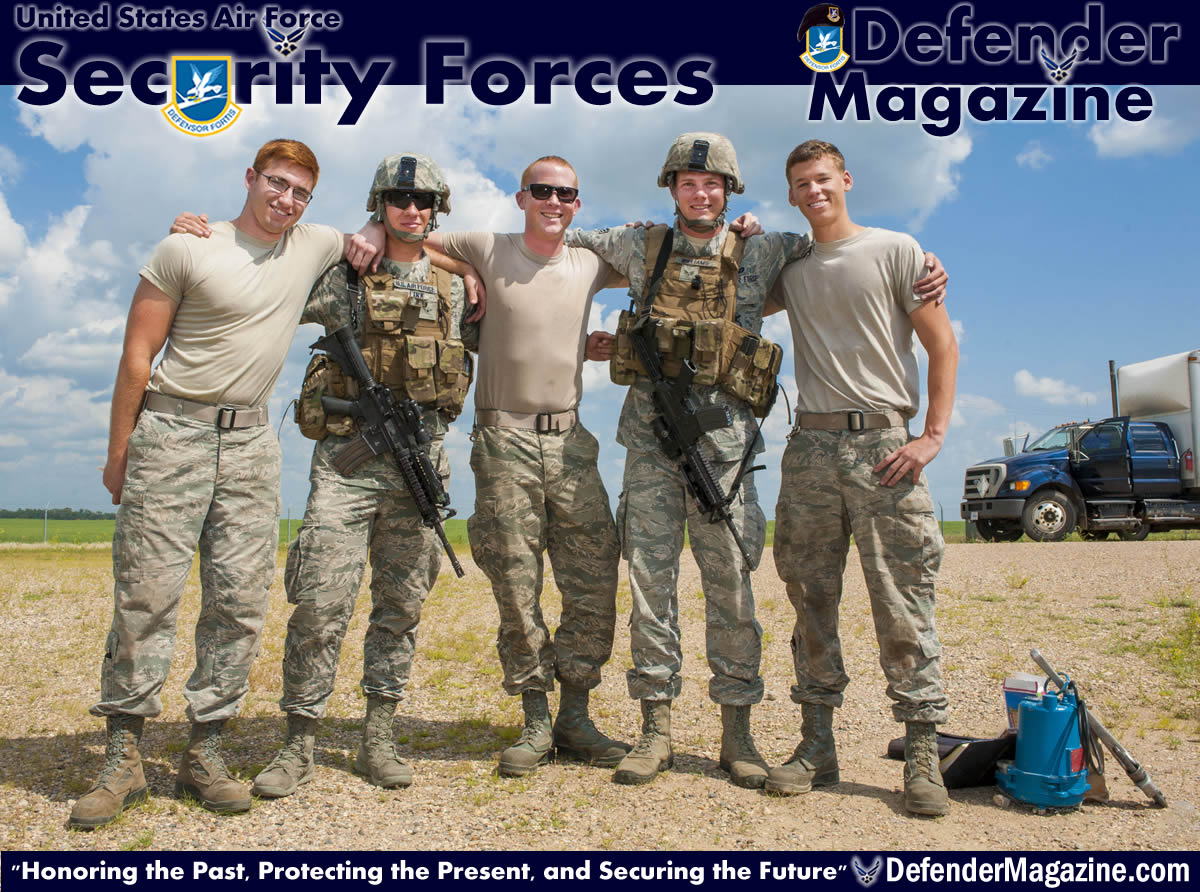
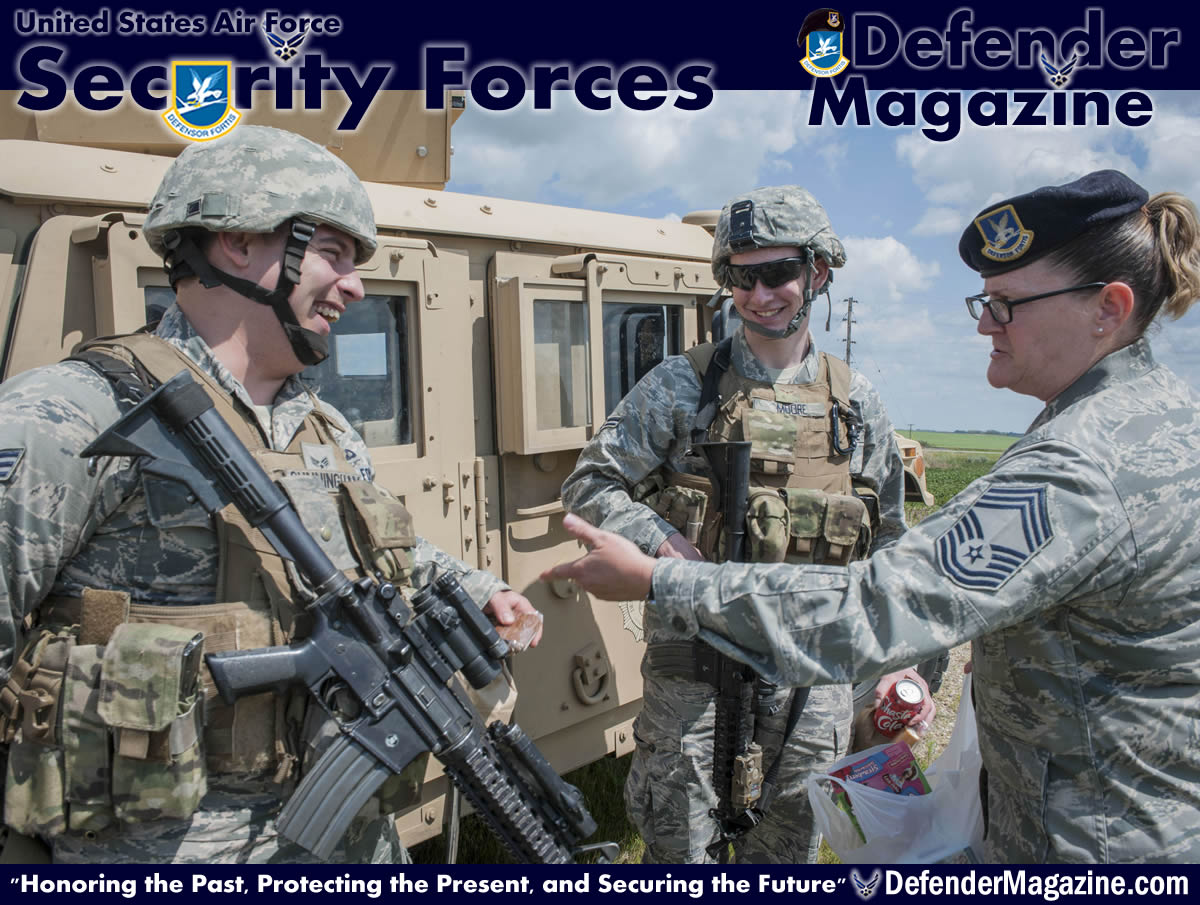
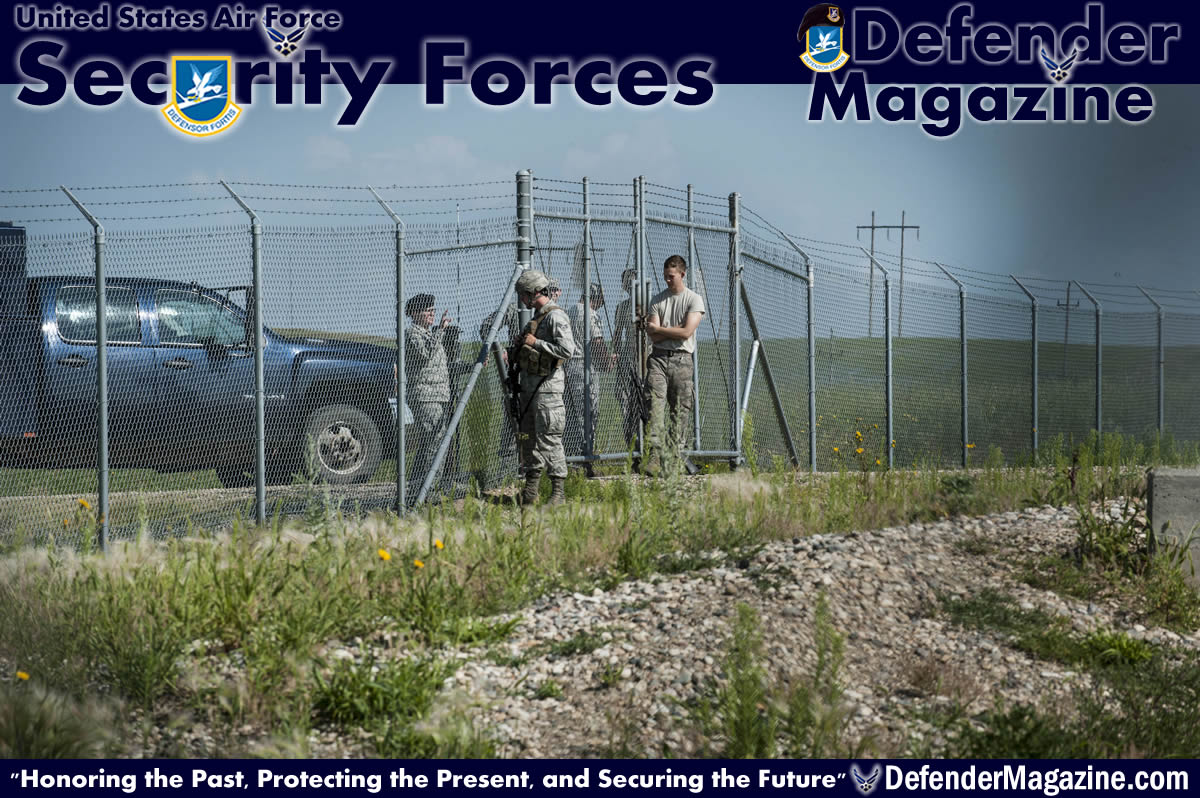
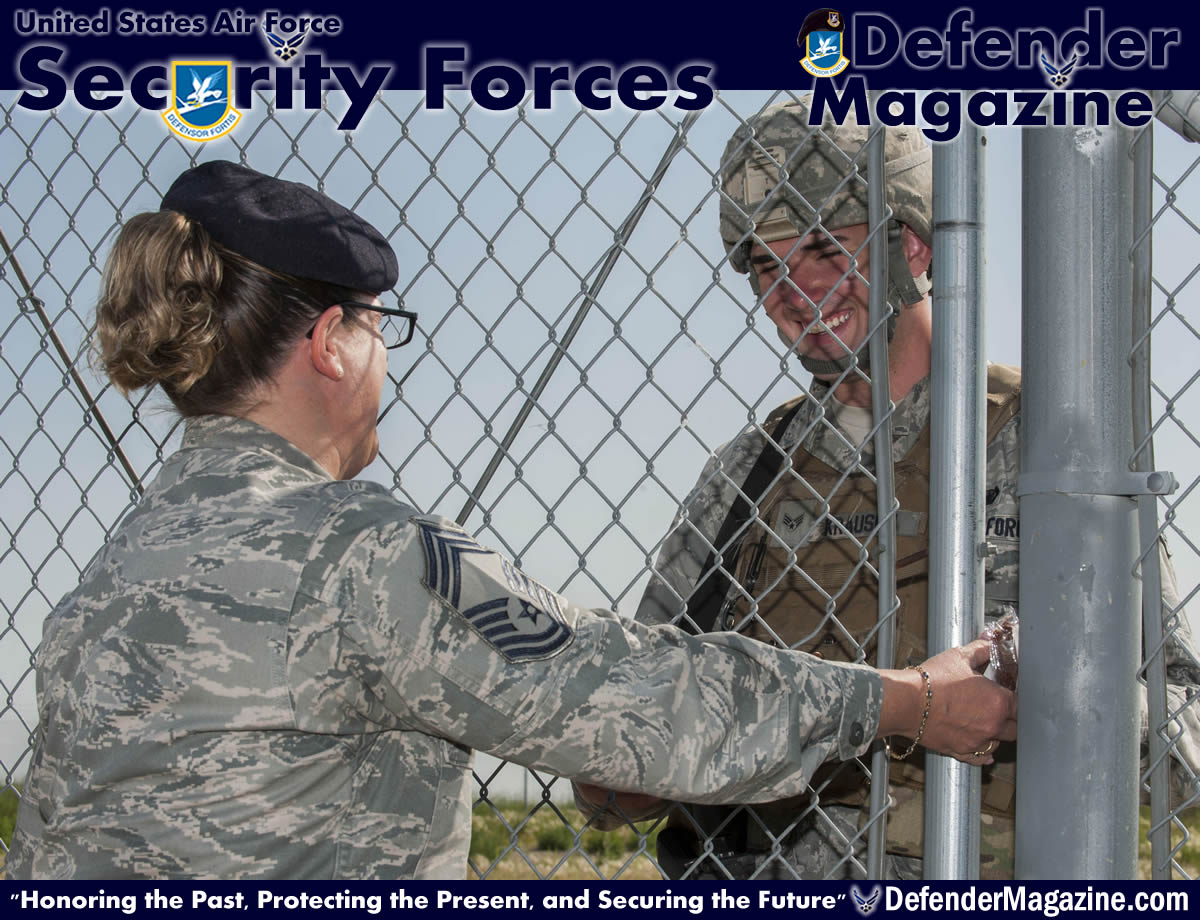
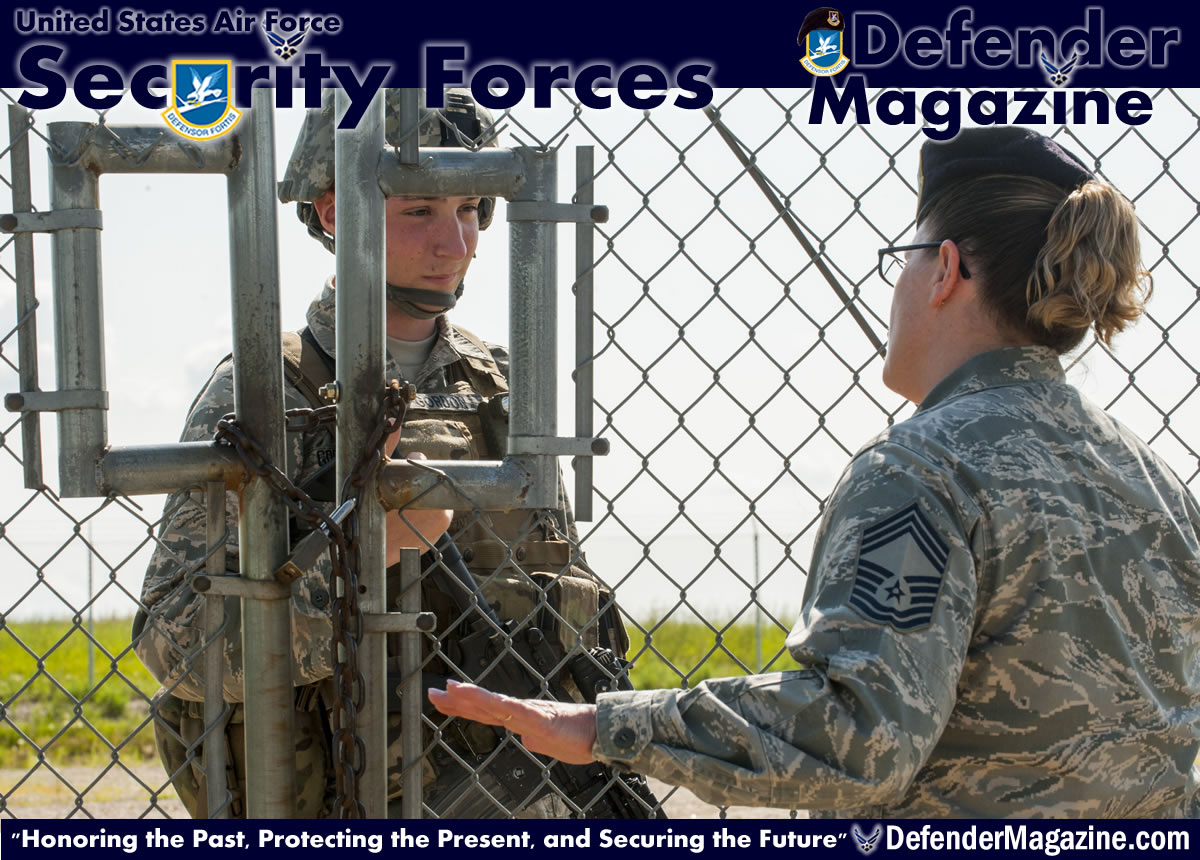
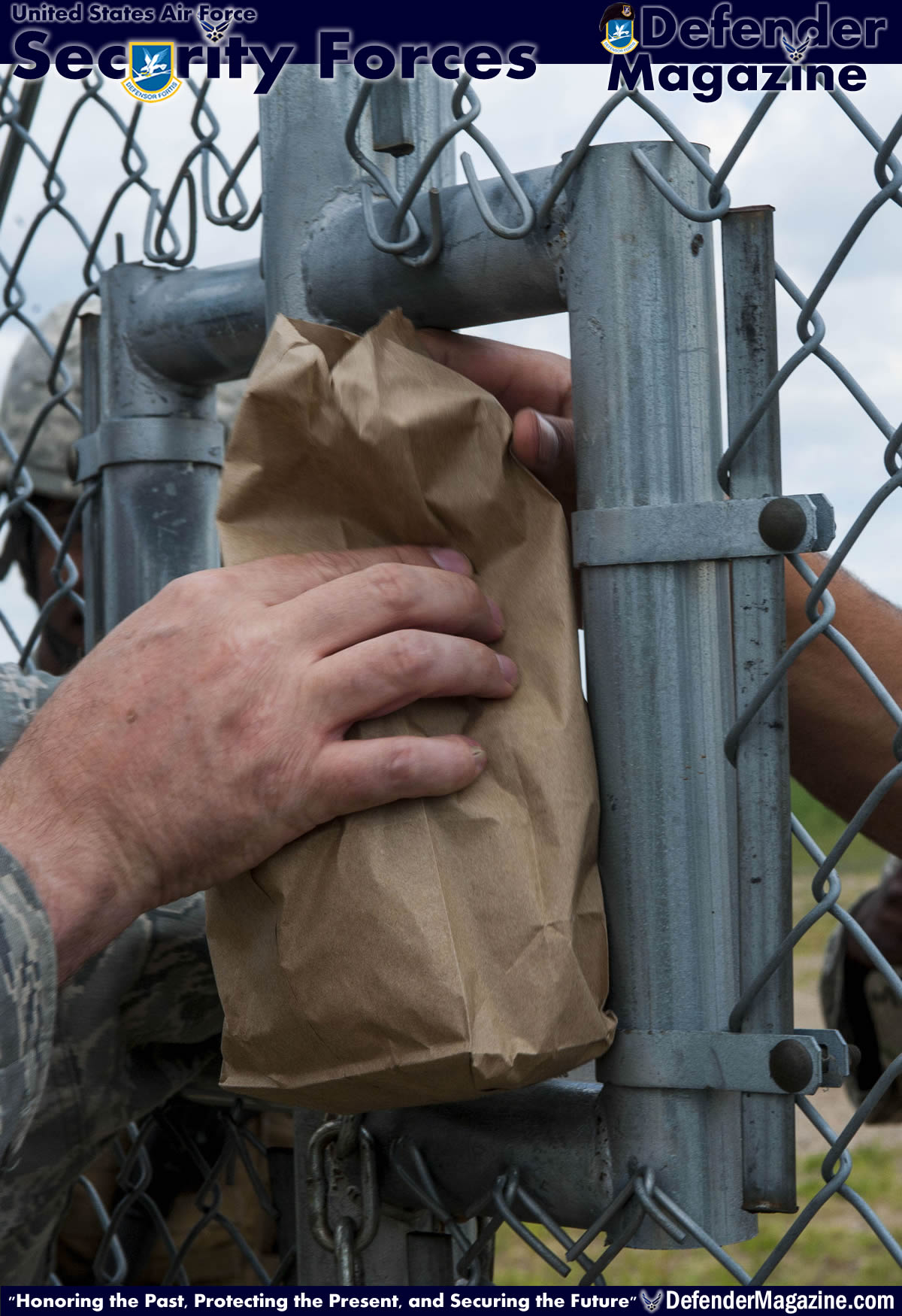
Chief Permar Rocks! We love her!
It’s good to see SF leadership out there taking care of the Defenders and Maintenance Airmen.
My thanks to Chief Permar for making these visits an important part of her duties.